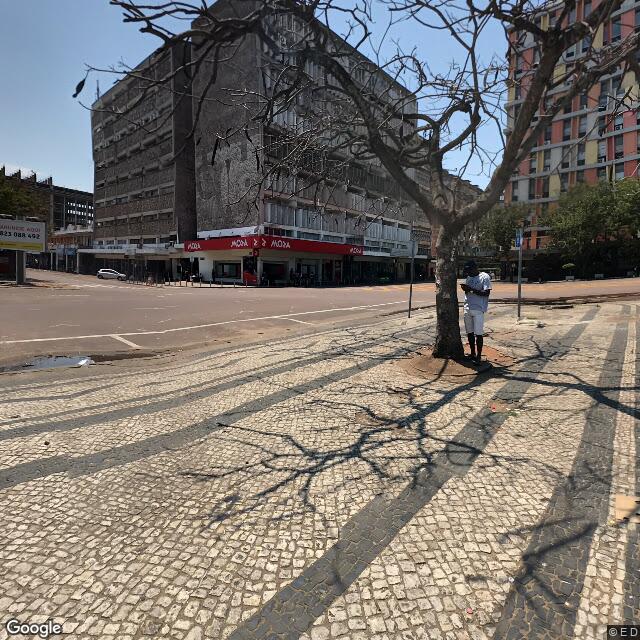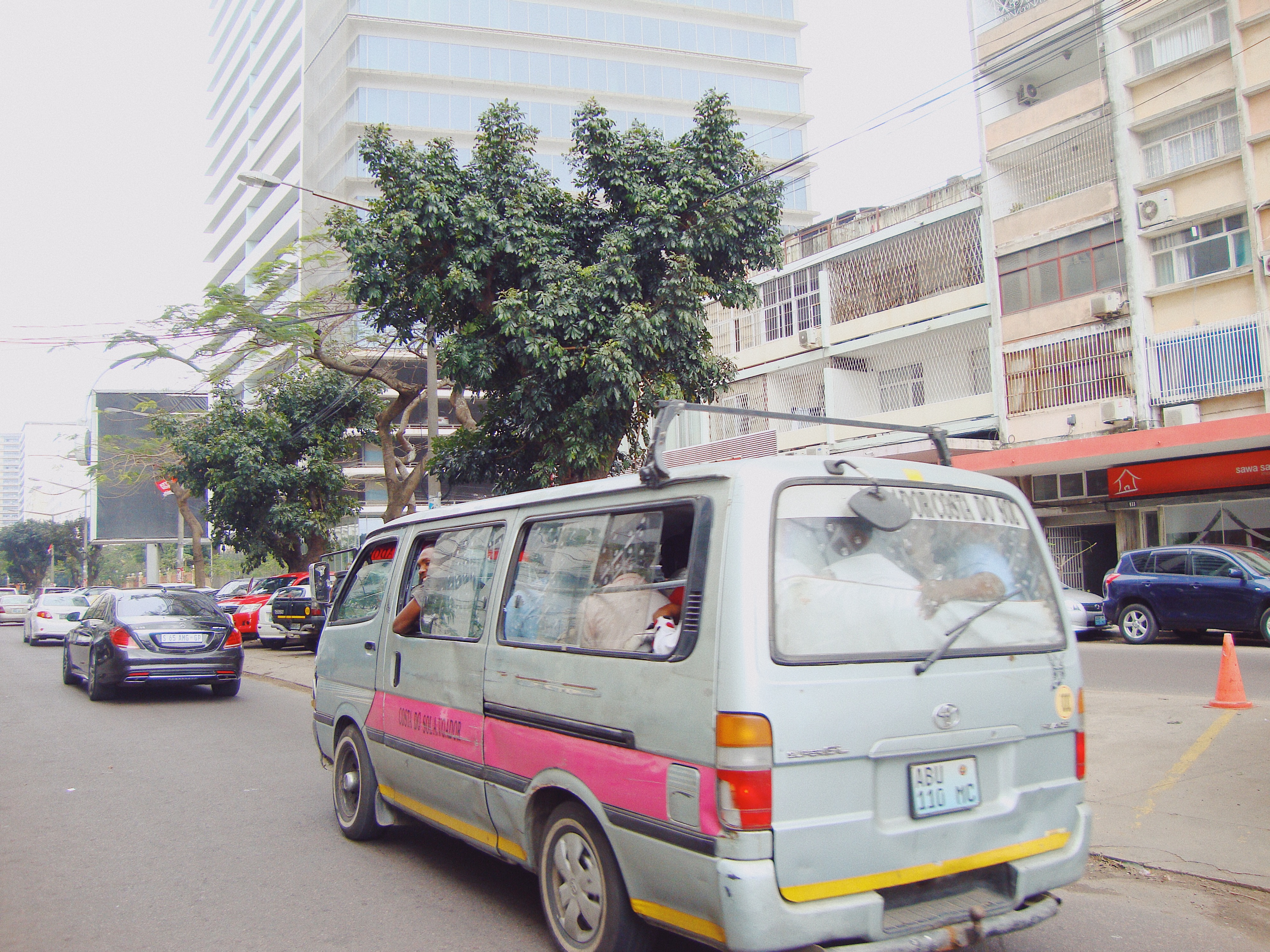
Photography by A Verdade, distributed under a CC-BY 2.0 license.
Mission
Safari Njema aims at supporting a stream of reflection on the approach to innovative policy design in the field of collective mobility in rapidly growing and changing African cities. The mission for the innovation that the project proposes is based on the delivering of new knowledge about both demand and offer of the paratransit mobility sector. Making use of still underexploited resource as mobile phone data and on statistical modelling, it provides strategic hints for restructuring the current mobility offer and providing safe, reliable, economically sustainable solutions to both people demand and business models in a fully replicable and scalable perspective.
Research objectives
Safari Njema project aims at redesigning the current system of paratransit mobility providing data and information which could feed a more efficient organisation to it, specifically achieving the following objectives:
- Testing the potentials of new databases constructed upon big data collection to support paratransit system;
- Developing a methodology to ground a more structured offer and a more efficient and safer transport service model;
- Proposing a model of analysis at the intersection between social innovation, organisational design, technical innovation, that can be applied and replicate by local institutions and decision-makers;
- Creating mathematical and statistical models to be applied to urban studies and urban policies for developing sound data analysis models and algorithms;
- Introducing computer sciences and engineering knowledges for a reliable collection and storage of data in contexts where planning decisions need to be quick and where there is difficult to collect data and information.
- Using communication design to make the data analysis output manageable and thus useful for the relevant stakeholders.
In Maputo, Safari Njema supports the Agencia Metropolitana de Transporte (AMT) to operationalize the above-mentioned objectives, providing a scalable method for the implementation and innovation of the current Transport Master Plan and for the elaboration of the forthcoming National Mobility Policy. The project also aims at interacting with local institutions training planners, mathematicians and decision makers, proposing thus a holistic vision of mobility issues, at the institutional, disciplinary and operational level.

Google Street imagery of one of the bus stops in Maputo
Approach
In Sub-Saharan Africa, ‘paratransit’ mobility is a resource -rather than a constraint- for the reduction of transport poverty. It offers opportunities for interaction and economic survival, shaping the patterns of circulation of people, resources and information within the urban space. The vehicles themselves, as well as the transit spaces from which they operate do not simply express social and economic relations, but rather shape and produce society.
There is an urgent need for critical, strategic and advanced analytics in policy design, possibly able to address problems, where solutions adopted elsewhere have failed in the field of mobility policies. This is a particularly challenging issue in countries like Mozambique, characterized by limited resources to develop a productive data market and by the necessity to accelerate decision making processes in order to develop place-based solutions. The project, escaping traditional models of analysis and planning, highlights the potential of experimental initiatives based on ordinary daily practices, aiming at making them a vehicle to support public transport and enhance people mobility.
